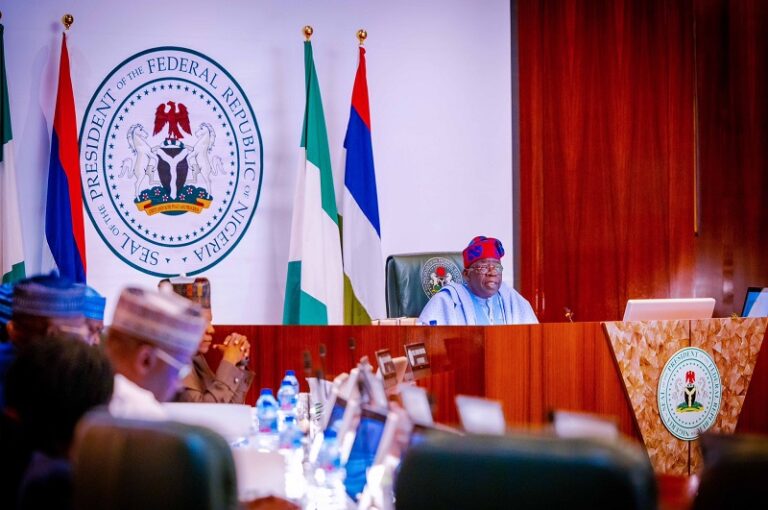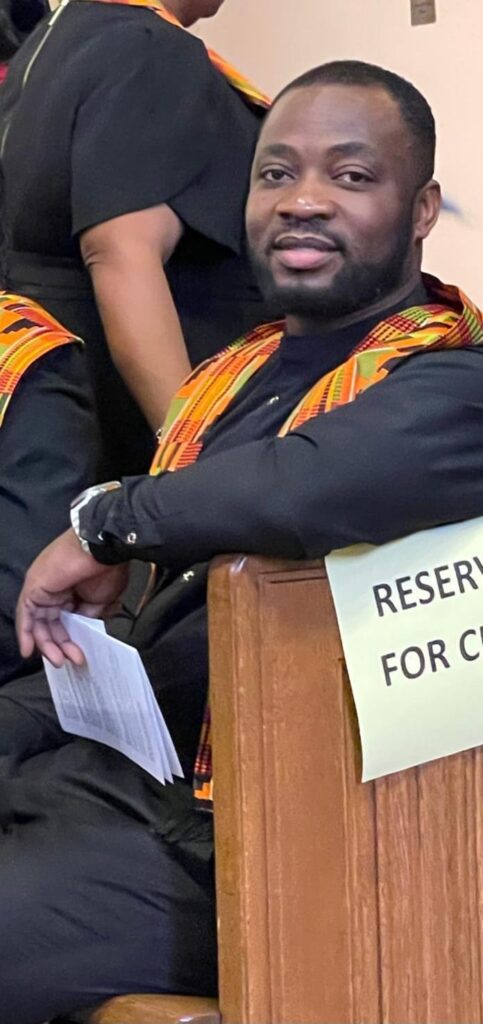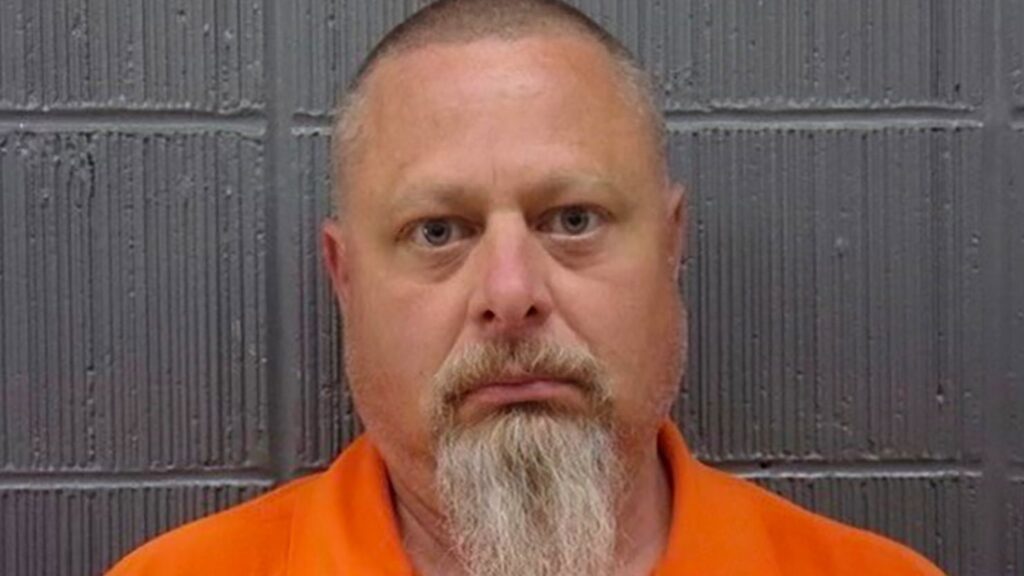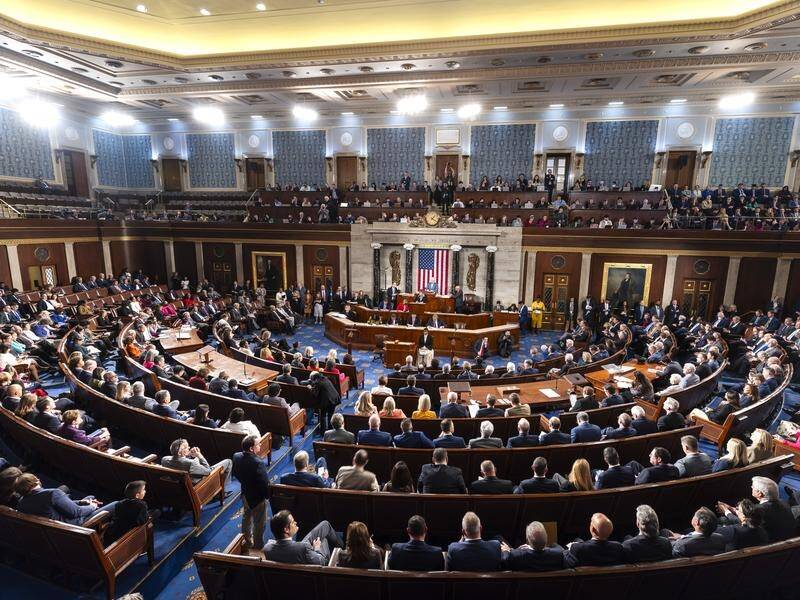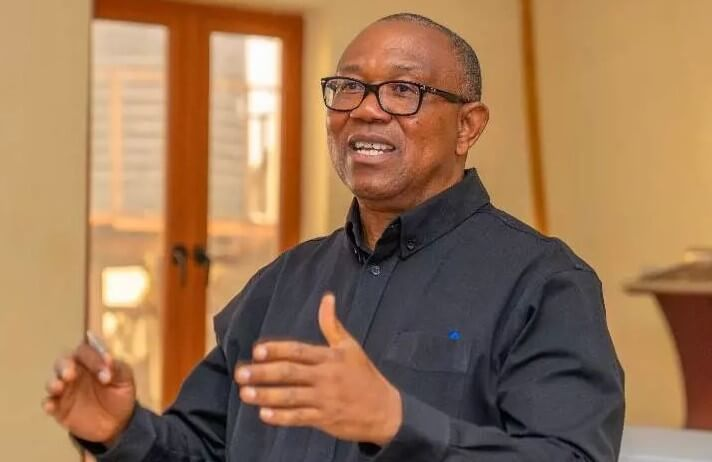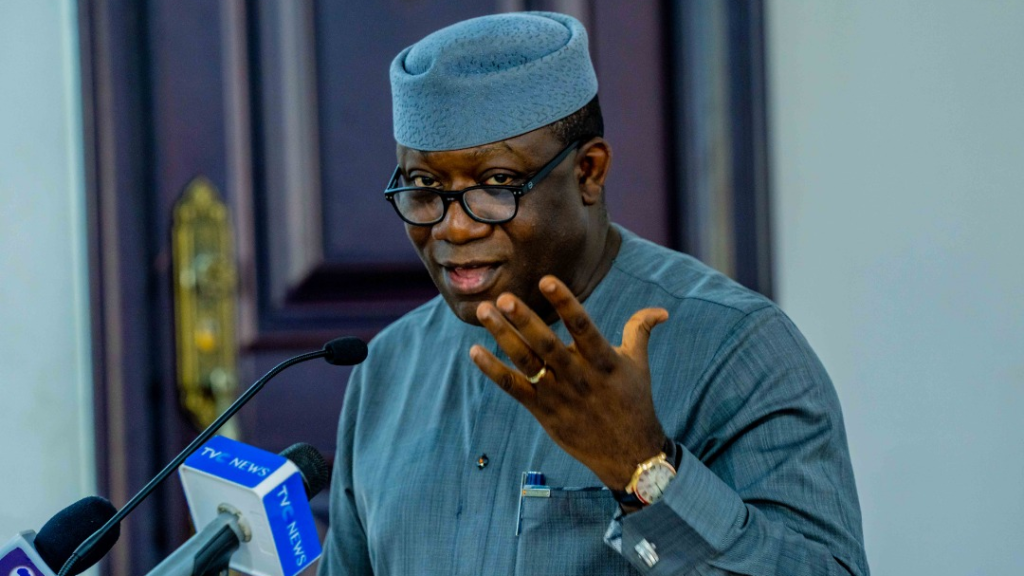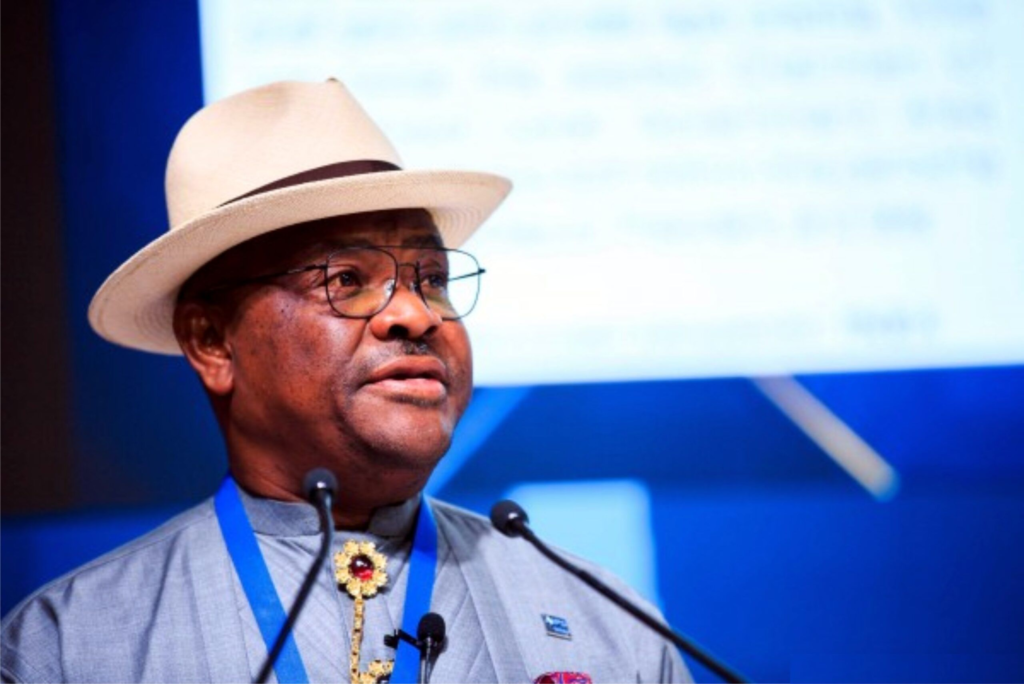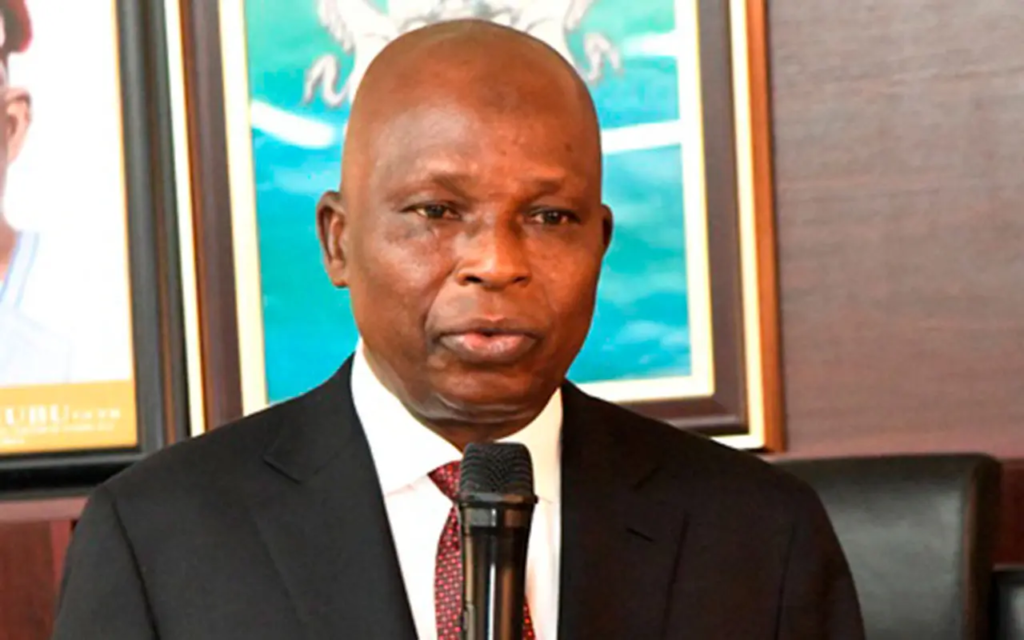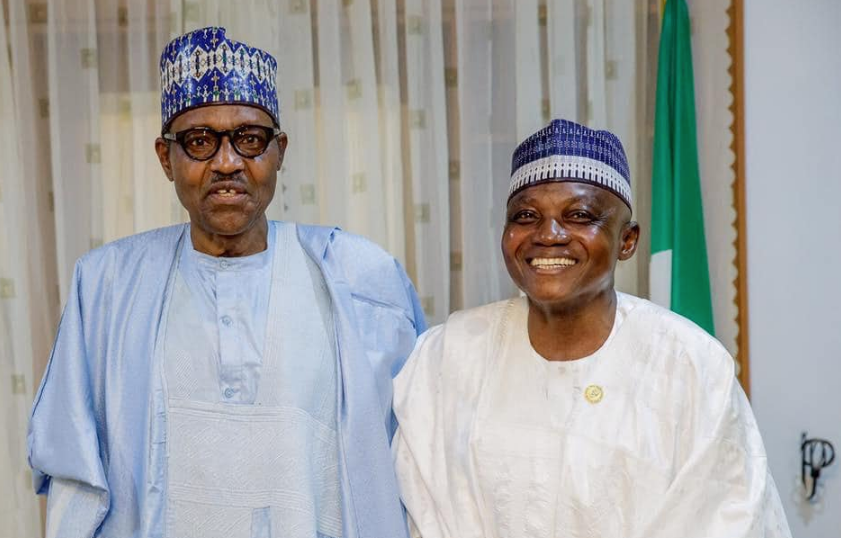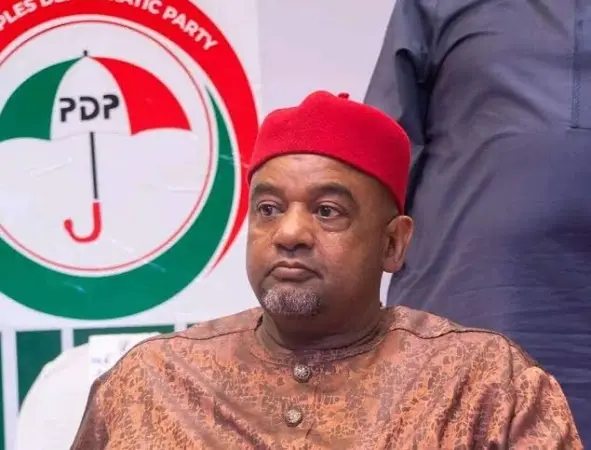The federal government has issued an apology to Nigerians for the economic hardships caused by the Bola Ahmed Tinubu’s administration reforms.
Minister of Budget and Economic Planning, Atiku Bagudu, conveyed the apology during a Ministerial Sectoral Update in Abuja, acknowledging the pain but defending the necessity of the policies.
Bagudu admitted that foreign exchange rates and inflation are significantly above target levels, with the naira dropping from around N460 to a dollar to N1,480, and inflation surging to 33.69% in April 2024 from 22.22% the previous year. “I apologize for the pains that they (policies) may occasion, but they are necessary,” he said.
Despite the economic challenges, Bagudu maintained that the Tinubu administration’s “Renewed Hope Agenda,” which focuses on eight priority areas, is essential for economic growth. He emphasized the importance of restoring macroeconomic stability to attract investment and generate revenue for underfunded sectors like security, education, and social welfare.
Secretary to the Government of the Federation (SGF), Senator George Akume, highlighted the administration’s progress during its first year, citing significant economic reforms aimed at stabilizing the economy and fostering sustainable growth. He noted policies that have attracted foreign investment and spurred job creation, including the 2023 Electricity Law that dismantled monopolistic control over electricity.
Akume also pointed out the removal of the contentious fuel subsidy as a necessary step to reduce corruption and government fiscal burdens. Infrastructure development has been a key focus, with completed road networks, improved rail systems, and modernized ports facilitating trade and connectivity.
Moreover, Akume emphasized the administration’s people-focused policies through social intervention programs targeting poverty alleviation and empowerment of vulnerable groups. These initiatives have provided financial assistance, skills acquisition opportunities, and improved access to essential services. Investments have also been made in healthcare and educational reforms to boost human capital development.
Acknowledging the challenges of the first year, Akume praised President Tinubu’s unwavering commitment to serving Nigerians.
He reiterated the administration’s focus on its “Renewed Hope Agenda,” aiming for economic revitalization, social inclusion, and infrastructural progress for the betterment of all Nigerians.
Akume called for collective efforts towards unity, peace, and realizing Nigeria’s full potential through the government’s vision and policies.

